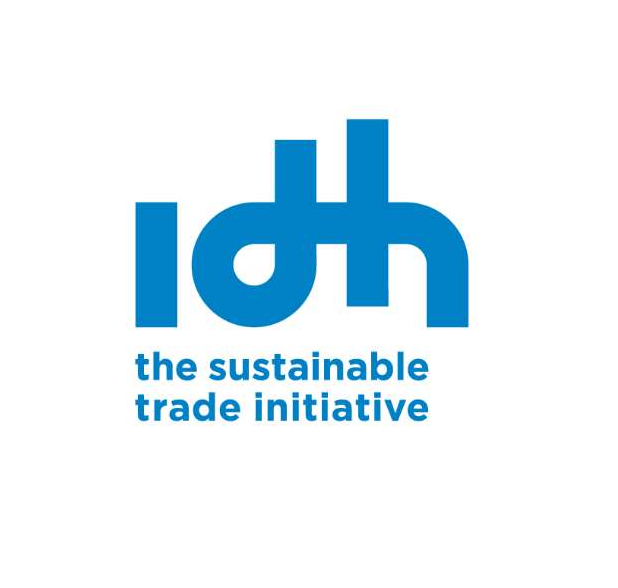Community / Land projects / GLA Viet Nam: Srepok River Basin in Central Highlands Landscape
GLA Viet Nam: Srepok River Basin in Central Highlands Landscape

€0
01/16 - 12/20
Completed
This project is part of
Implementing Organisations
Donors
Data Providers
General
The Green Livelihoods Program in Viet Nam works in the Srepok River Basin in the Central Highlands of Viet Nam. The Central Highlands straddle five provinces and represent a distinct agro-ecological region in Viet Nam. The Srepok river flows through four of these provinces in Viet Nam before it continues into neighbouring Cambodia. The area was chosen for several reasons. First, the Central Highlands are one of the 7 key agro-ecological regions of Viet Nam, with a wide variety of land-use types such as agricultural production (especially agro-commodities such as coffee, rubber, tea, cacao, pepper, cashew, etc.), forestry plantations, animal husbandry, irrigation systems, hydro-power plants, protected areas, watershed protection forest, production forest, and residential areas. Secondly, the region faces major challenges in natural resources governance as a result of rapid expansion of intensive agriculture that contributes to the destruction of natural forests and pressure on other ecosystems: the Central Highlands are rich in biodiversity but many animal and plant species are threatened. Thirdly, the Vietnamese Government has selected the Central Highlands as one of two key regions (besides North-West region) in Vietnam in need for intensive investments toward sustainable development.
Objectives
The Green Livelihoods Program strives to change policies and practices, thus contributing to (1) proper conservation and management of existing natural forests; (2) sustainable production practices in coffee, pepper, cassava and other agro-forestry commodities that don’t lead to further deforestation and depletion of water resources; and (3) the implementation of integrated landscape approaches to natural resources management that involve the voices and interests of civil society, local communities and of men and women. To achieve this, partners will develop a “landscape agenda” for the Srepok River basin to engage donors, financiers, NGOs/CSOs, private actors and local communities. The aim is to bring these actors together to collaborate in the transition to sustainable production and landscape management practices. Successful examples of good practices will be monitored, documented and publicised. Community and Civil Society organizations will be empowered to participate meaningfully in these dialogues, collaboration and decision making processes, and links with the media will be strengthened to highlight issues and best practices. Gender sensitive and inclusive approaches are prioritised. The Theory of Change shows three distinct pathways that lead to the realisation of these objectives. The GLA will capacitate partner CSOs to generate and use evidence; and facilitate engagement and collaboration between government, private sector and civil actors in inclusive multi-stakeholder dialogues. The development of effective and inclusive advocacy and lobby actions is prioritised in order to change policies and practice.
Other
For 2017, Tropenbos Viet Nam will focus on two main areas, capacity building for local CSOs, CBOs including the GLA’s partners, and support L&A process for better participation/involvement of local CSOs, local community to forest law revising and policies under forest law development process as well as natural forest protection from high pressure from cash crops encroachment. We are working in Central Highland Landscape, but in the year 2017 the GLA will concentrate only two provinces (Lam Dong and Dak Lak). Tropenbos Viet Nam will cooperate with IDH/ISLA program to apply “Landscape Approach” to participatory land use planning at Gung Re commune, Di Linh district, Lam Dong Province. Through this activity, Tropenbos will provide training to local CSOs, including farmer union, women union, and private sector who are acting in the area. The guidelines of Landscape Approach at local level will be developed accordingly. We will cooperate with university, research institute and local CSO (provincial VUSTA) to establish “regional forum for natural forest protection” which promote information sharing, and facilitate L&A for better forest governance in Central Highland landscape. Several training courses on “conflict resolution”, “L&A and communication skils”, and “Gender in natural resources management” will be provided to local CSOs. Tropenbos will cooperate with provincial VUSTA, WASI, University, and mass organizations (Women, Youth, Farmer, Veterance…) in Lam Dong and Dak Lak province to carry out the GLA activities in the year 2017 and the following years.


